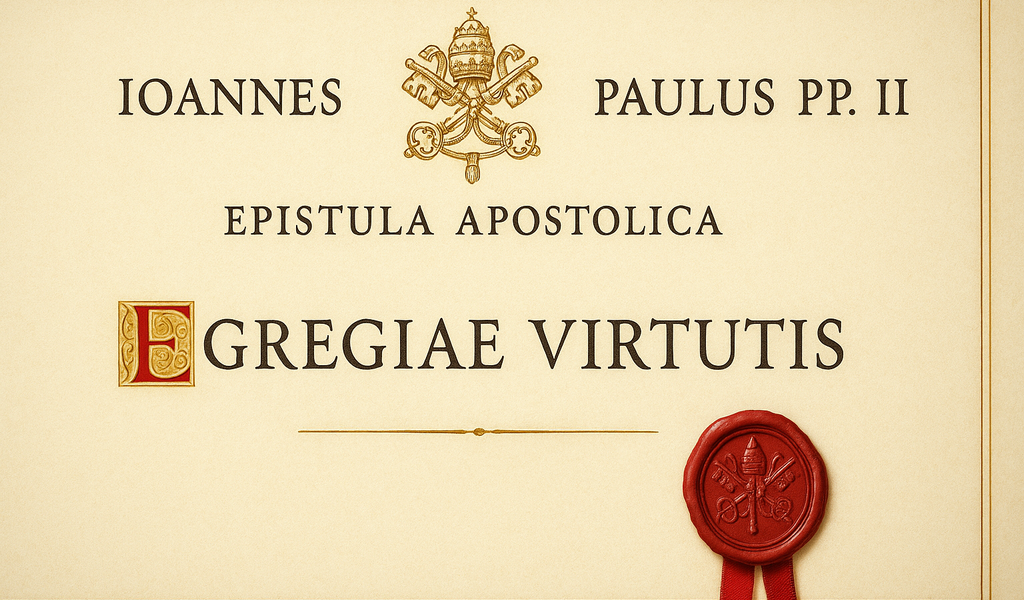Cyril and Methodius
Cyril and Methodius were two Byzantine brothers and missionaries of the 9th century, known as the Apostles to the Slavs. They created the Glagolitic alphabet, which became the foundation for the later Cyrillic script, and translated the Holy Scriptures and liturgical texts into the Old Church Slavonic language — giving the Slavic peoples access to Christian worship in their native tongue.
Their mission among the Slavs, supported by the Byzantine Emperor and Patriarch, laid the spiritual and cultural foundations for many Eastern European nations. Cyril (born Constantine, c. 826–869) was a philosopher and linguist; Methodius (c. 815–885) was an experienced administrator and monk. Together, they not only spread Christianity but also preserved the linguistic and cultural identity of the Slavic world.
Their legacy endures in the Christian unity of East and West, in Slavic literacy, and in the religious and cultural traditions that continue to shape Central and Eastern Europe.

- Details
- Written by: John Paul II
- Category: Cyril and Methodius
-
Also available:

- Hits: 356
Apostolic Letter Egregiae Virtutis of the Supreme Pontiff John Paul II Proclaiming Saints Cyril and Methodius Co-Patrons of Europe.
- Details
- Written by: JOHN PAUL II
- Category: Cyril and Methodius
-
Also available:

- Hits: 146
Encyclical Letter Slavorum Apostoli (The Apostles of the Slavs) was issued by Pope John Paul II on June 2, 1985 to commemorate the eleventh centenary of the evangelizing mission of Saints Cyril and Methodius. In this letter, the Pope reflects on the brothers’ profound contribution to the spiritual and cultural development of the Slavic peoples and their enduring significance for the unity of the Christian Church.

 DE
DE  UK
UK